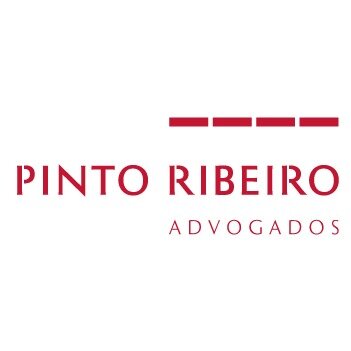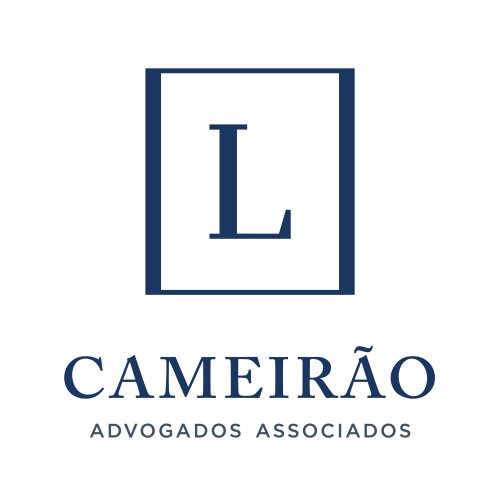Best Art & Cultural Property Law Lawyers in Lisbon
Share your needs with us, get contacted by law firms.
Free. Takes 2 min.
List of the best lawyers in Lisbon, Portugal
About Art & Cultural Property Law in Lisbon, Portugal
Art & Cultural Property Law in Lisbon, Portugal, is a specialized area of law that governs the creation, ownership, protection, and transfer of art and cultural property. This includes art collections, historic artifacts, cultural heritage sites, and other items of cultural significance. The legal framework in this field aims to preserve cultural heritage while balancing the interests of private owners and the public. Given Portugal’s rich history and cultural diversity, the preservation and management of art and cultural property are particularly significant and subject to both national and international legal standards.
Why You May Need a Lawyer
There are several scenarios where one might require legal assistance in the field of Art & Cultural Property Law:
- Acquiring or selling valuable art pieces or historic artifacts.
- Disputes over provenance and ownership of cultural property.
- Handling cases of art theft or forgery.
- Negotiating loans or leases of art for exhibitions.
- Understanding and complying with cultural heritage laws concerning archaeological sites.
- Seeking restitution or repatriation of cultural property.
- Navigating the legal landscape for art import and export regulations.
Legal guidance can help ensure compliance with laws and protect the interests of individuals or institutions involved in the arts and cultural sectors.
Local Laws Overview
Portugal has several laws and policies concerning the protection of cultural heritage and art. Key aspects include:
- Cultural Heritage Laws: These laws define national patrimony and establish rules for the preservation and protection of tangible and intangible cultural heritage. The Direção-Geral do Património Cultural oversees these regulations.
- Export and Import Regulations: Laws governing the export of cultural goods require permits to ensure that valuable heritage objects are not removed from the country unlawfully.
- Intellectual Property Rights: These rights protect the creators of artistic and cultural works, ensuring they are appropriately compensated and have control over the dissemination of their work.
- Museum and Exhibition Laws: These laws regulate the management and protection of collections within museums and the conditions under which artworks may be displayed or loaned.
Understanding these laws is essential for anyone dealing with art and cultural assets in Lisbon to avoid legal pitfalls and ensure compliance.
Frequently Asked Questions
What is cultural property?
Cultural property includes physical objects that are considered part of a country’s cultural heritage, such as artworks, historical artifacts, and architecture.
How can I verify the provenance of a piece of art?
Provenance can be verified through document checks, expert consultations, and sometimes scientific analysis. It is essential to have clear and comprehensive documentation when purchasing or selling art to ensure legitimacy.
Are there any restrictions on exporting art from Portugal?
Yes, exporting certain artworks and cultural goods requires permits to ensure they are not of significant cultural importance that would risk loss to national heritage. It's crucial to check specific regulations before export.
Can cultural property be repatriated?
Repatriation can occur if cultural property has been unlawfully removed. This process often involves legal negotiations and compliance with international agreements.
What should I do if I believe a piece of art is counterfeit?
Consulting an expert for authentication is the first step, followed by involving legal authorities if fraud is suspected.
How does intellectual property law apply to art in Portugal?
Intellectual property law protects creators' rights, allowing them to control and monetize their artworks. These rights include copyright, trademarks, and moral rights.
What role does the Portuguese government play in protecting cultural heritage?
The government, through various agencies, enforces laws and policies that preserve cultural sites and objects, ensuring they remain part of Portugal’s national identity.
Is there legal protection for artists exhibiting their work in Portugal?
Yes, artists are protected under intellectual property laws and exhibition contracts, which stipulate the terms of display and safeguard the artist's rights.
How are disputes over art ownership typically resolved?
Disputes can be resolved through negotiations, mediation, arbitration, or in court, depending on the complexity and parties' willingness to settle.
What are the consequences of illegal trafficking of cultural property?
Illegal trafficking can result in severe penalties, including fines and imprisonment, along with the reclamation and return of the cultural property to its rightful owner or country of origin.
Additional Resources
For further assistance and information, consider reaching out to the following resources:
- Direção-Geral do Património Cultural: This governmental body is responsible for the management and preservation of cultural heritage in Portugal.
- Portuguese Ministry of Culture: Oversees cultural policy development and implementation.
- UNESCO: Offers guidelines and international frameworks for cultural property protection.
- Local Museums and Galleries: Often provide support and information for art-related inquiries and disputes.
Next Steps
If you require legal assistance in Art & Cultural Property Law in Lisbon, the following steps can help guide you:
- Research Legal Experts: Look for legal professionals or firms specializing in art and cultural property law in Portugal.
- Gather Documentation: Prepare all relevant documents, including provenance records, sales receipts, and any correspondence concerning your case.
- Consult a Lawyer: Schedule a consultation with a qualified lawyer to discuss your situation and explore your legal options.
- Explore Mediation: Consider mediation or alternative dispute resolution methods, especially in ownership disputes, to potentially avoid lengthy litigation.
- Understand Your Rights and Obligations: A legal professional can help clarify your rights under Portuguese and international law to ensure you act within legal frameworks.
By following these steps, you can effectively navigate legal challenges and safeguard your interests in the art and cultural property domain.
Lawzana helps you find the best lawyers and law firms in Lisbon through a curated and pre-screened list of qualified legal professionals. Our platform offers rankings and detailed profiles of attorneys and law firms, allowing you to compare based on practice areas, including Art & Cultural Property Law, experience, and client feedback.
Each profile includes a description of the firm's areas of practice, client reviews, team members and partners, year of establishment, spoken languages, office locations, contact information, social media presence, and any published articles or resources. Most firms on our platform speak English and are experienced in both local and international legal matters.
Get a quote from top-rated law firms in Lisbon, Portugal — quickly, securely, and without unnecessary hassle.
Disclaimer:
The information provided on this page is for general informational purposes only and does not constitute legal advice. While we strive to ensure the accuracy and relevance of the content, legal information may change over time, and interpretations of the law can vary. You should always consult with a qualified legal professional for advice specific to your situation.
We disclaim all liability for actions taken or not taken based on the content of this page. If you believe any information is incorrect or outdated, please contact us, and we will review and update it where appropriate.

















